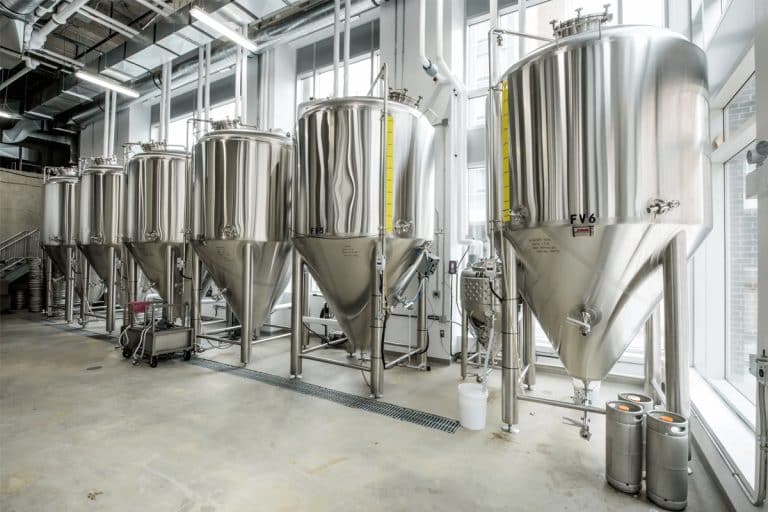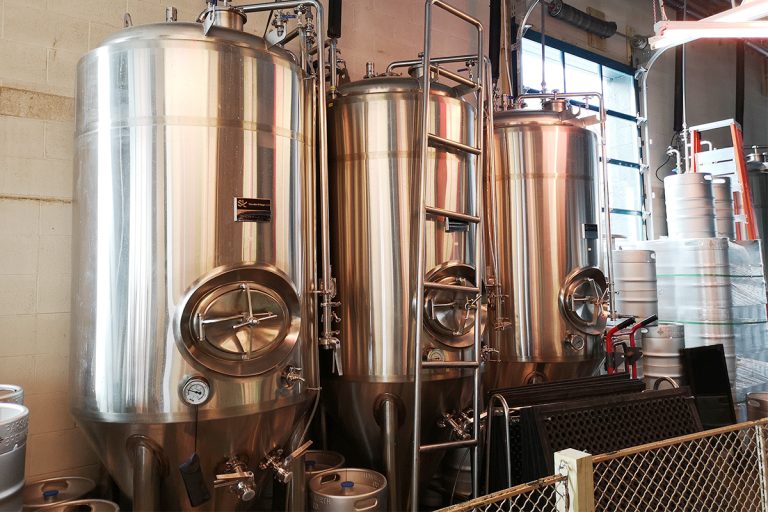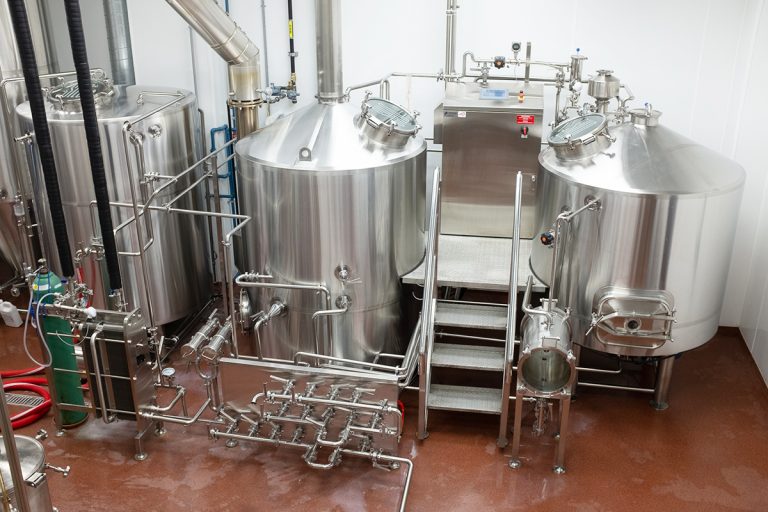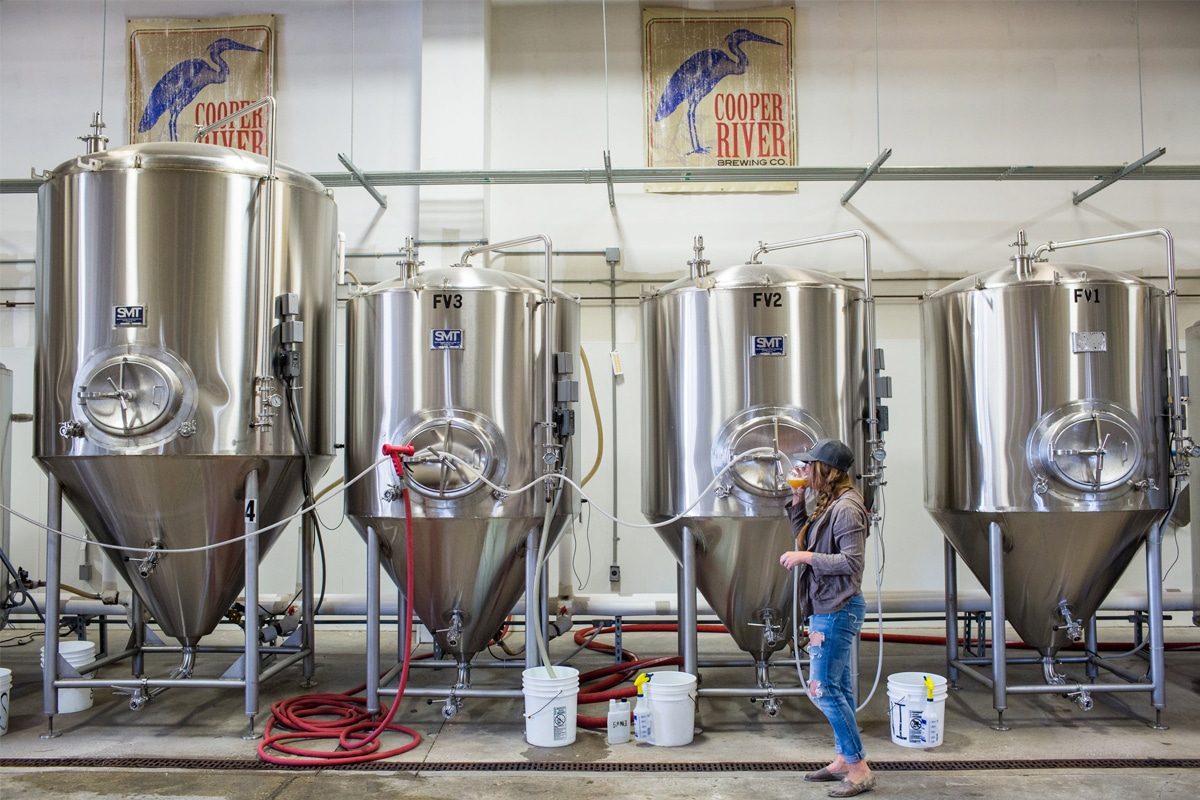
Can A New Brewery Finance Equipment?
The dream of creating a successful brewery was driven by a passion for craftsmanship, a love for quality beverages, and a desire to leave a unique mark on the booming beer industry. But for aspiring brewers, the journey isn’t just about brewing the perfect beer, it also requires a strategic approach to financing, especially when it comes to purchasing the essential equipment that forms the backbone of any brewery operation. In the world of brewing, the right equipment is more than just a collection of tanks and pipes, it’s an alchemical device. It transforms raw materials into a symphony of flavors, aromas, and textures that appeal to beer lovers. But for new breweries entering this dynamic market, the question looms: Can the new brewery effectively fund the equipment needed to launch this exciting venture?
This article aims to shed light on the complexities of brewery equipment financing, providing a comprehensive look at the challenges, opportunities, and strategies that can pave the way for aspiring brewers. From understanding the evolving landscape of the beer industry to understanding the technical nuances of brewing equipment, from exploring diverse financing options to envisioning future trends, we embark on a journey to guide those with a passion for brewing to turn their dreams into a prosperous reality.
Brewery Equipment Costs Comprehensive Guide
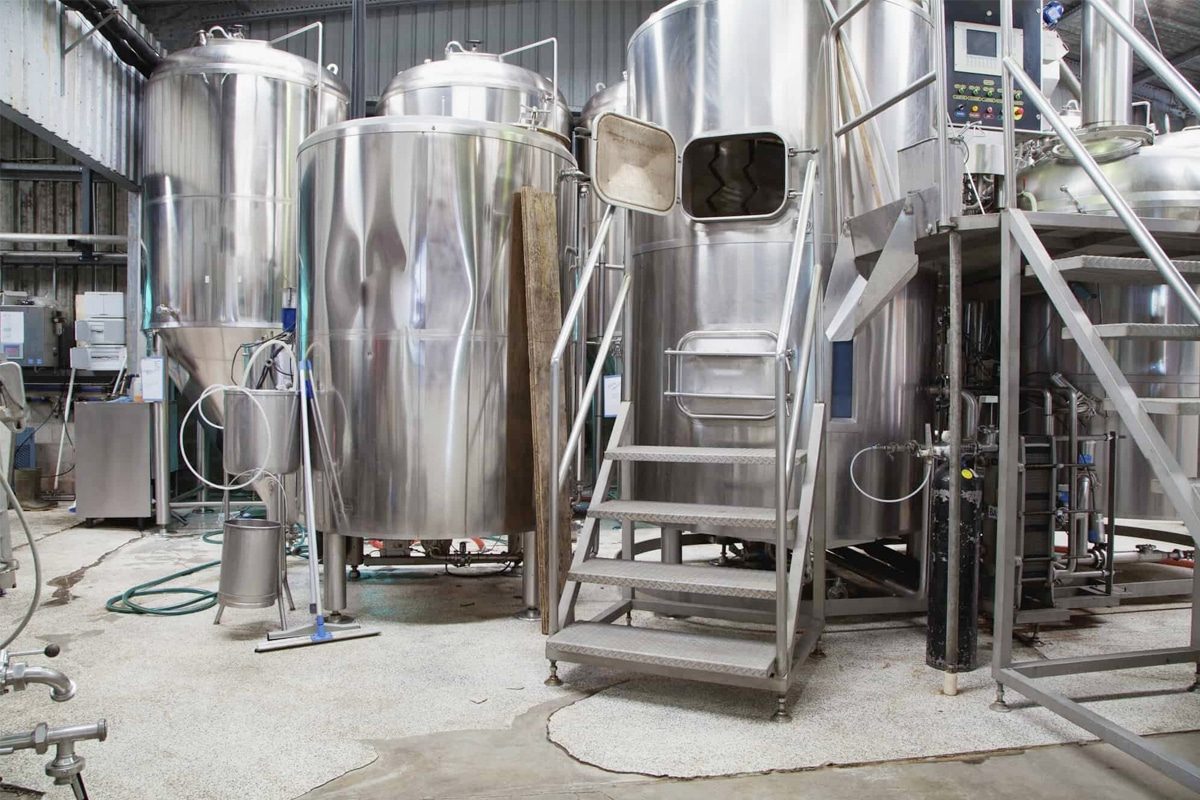
Beer Industry Overview
Global Beer Market Overview
The global beer market has undergone significant shifts in recent years. Craft beer has seen a surge in popularity in an industry traditionally dominated by large, multinational breweries. Craft breweries focus on quality, unique flavors, and connections to local communities. According to statistics from the Brewers Association, craft beer production in the United States alone reached 23.1 million barrels in 2020. Craft beer has become a dynamic and innovative part of the beer industry. Consumers are increasingly attracted to the authenticity and variety offered by craft breweries. This trend creates opportunities and challenges for new entrants. While the market for unique and high-quality beers continues to grow, competition is fierce and requires a commitment to excellence and a strategic approach to equipment procurement.
The Competitive Landscape For New Breweries
Entering the brewing industry requires careful consideration of the competitive landscape. Established breweries often have the advantage of economies of scale, but craft breweries can carve out niche markets by focusing on local ingredients, innovative brewing techniques, and community involvement. The quality of equipment plays a key role in a brewery’s ability to produce consistent and exceptional beer, making it a key aspect of strategic planning. The beer brewing process is complex, and the quality of the equipment will directly affect the final product. From brewhouse equipment to bright tanks, each piece of equipment contributes to the flavor, aroma, and overall quality of your beer. Investing in reliable, efficient equipment is not only a necessity but a strategic decision that affects a brewery’s market competitiveness.
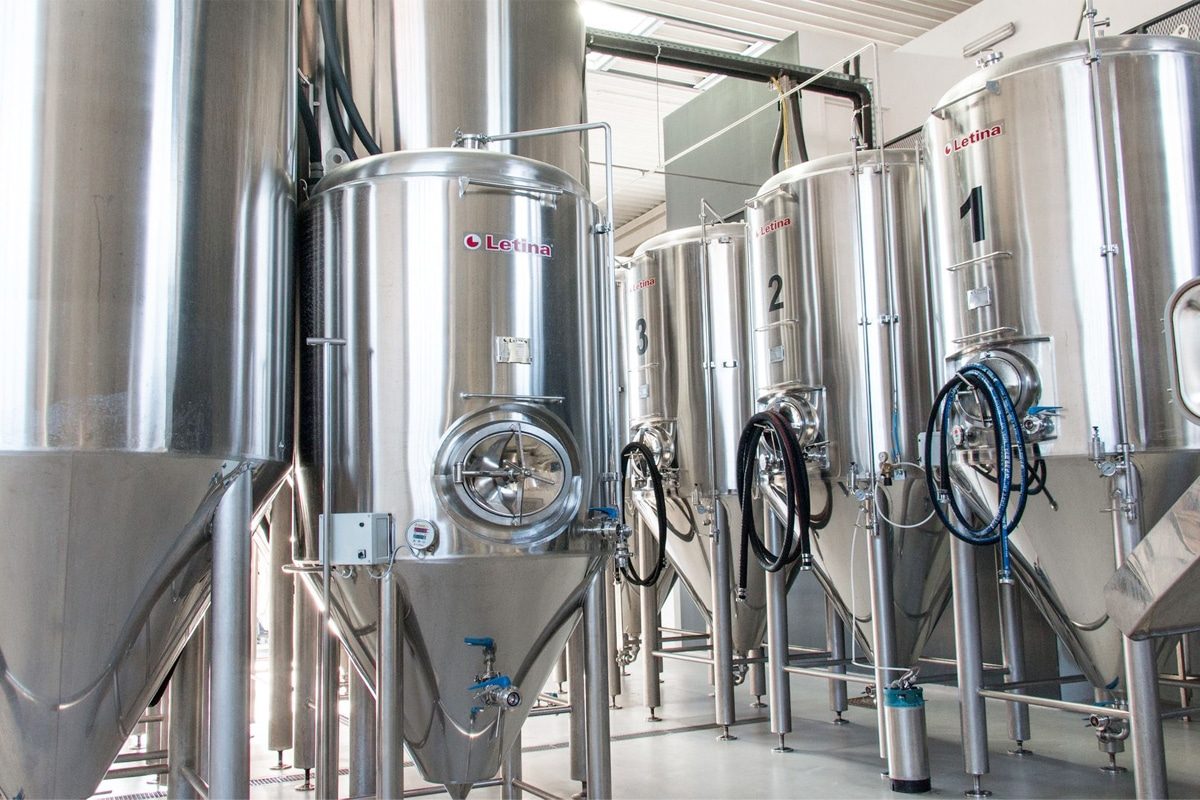
Understand Equipment Needs
The heart of any brewery is its equipment. Brewhouse equipment, fermentation tanks, bright tanks, and filling equipment form the backbone of a successful brewing operation. Craft breweries often start with smaller brewing systems, allowing them to experiment with recipes and respond quickly to market demands. As breweries grew, so did the need for larger, more specialized equipment. Fermenters help achieve the desired flavor and carbonation levels, while efficient filling equipment ensures the beer reaches consumers in optimal condition.
Innovation in brewing technology is the norm in the industry. Breweries are increasingly embracing automation and smart technology to streamline processes and increase efficiency. Automated brewing systems can precisely control temperature and brewing time, helping to maintain the consistency of the final product. Additionally, sustainability is a growing concern, leading to the development of environmentally friendly brewing equipment that reduces water and energy consumption.
For new breweries, a balance needs to be struck between quality and cost efficiency. While high-quality brewery equipment can improve the brewing process and product quality, the cost can be higher for start-ups with a limited budget. Many successful breweries start with a mix of old and new equipment and gradually upgrade as production scales. Key components such as fermentation vessels and quality control equipment must be prioritized while remaining strategic about other non-essential items.
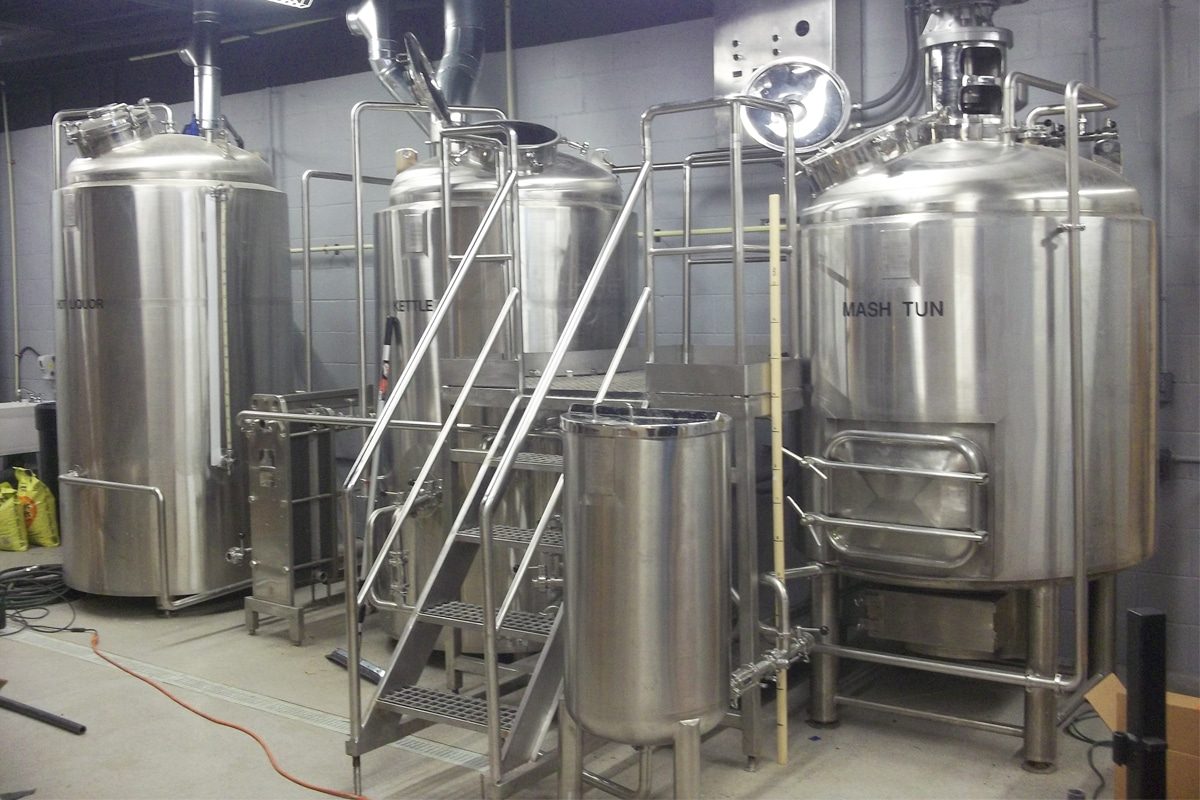
Financing Options For New Breweries
Traditional Bank Loan
Financing brewery equipment often starts with a traditional bank loan. Banks offer term loans with fixed interest rates, providing stability to the repayment schedule. However, these loans usually require a good credit history and collateral. For new breweries, establishing credibility and coming up with a comprehensive business plan can help secure a bank loan.
Small Business Administration (SBA) Loan
SBA loans are a viable option for breweries seeking government-backed financial assistance. The SBA provides loan guarantees to approved lenders, reducing risk for financial institutions and making it easier for startups to obtain capital. SBA loans typically have more flexible terms and lower down payment requirements, making them an attractive option for small breweries.
Equipment Leasing
Renting brewery equipment is a popular option that allows startups to acquire the necessary brewing tools without a large upfront investment. The lease agreement may include maintenance and upgrade options and provide flexibility as the brewery grows. However, lessees should carefully consider the long-term costs and restrictions associated with leasing and owning equipment.
Crowdfunding And Investor Financing
The rise of crowdfunding platforms has opened up new ways for breweries to raise funds directly from the community. Crowdfunding campaigns on platforms like Kickstarter or Indiegogo allow breweries to showcase their vision and attract backers in exchange for various rewards, such as exclusive merchandise or early access to new products. Additionally, finding investors for a brewery can provide a large influx of capital, but this often involves giving up equity in the business.
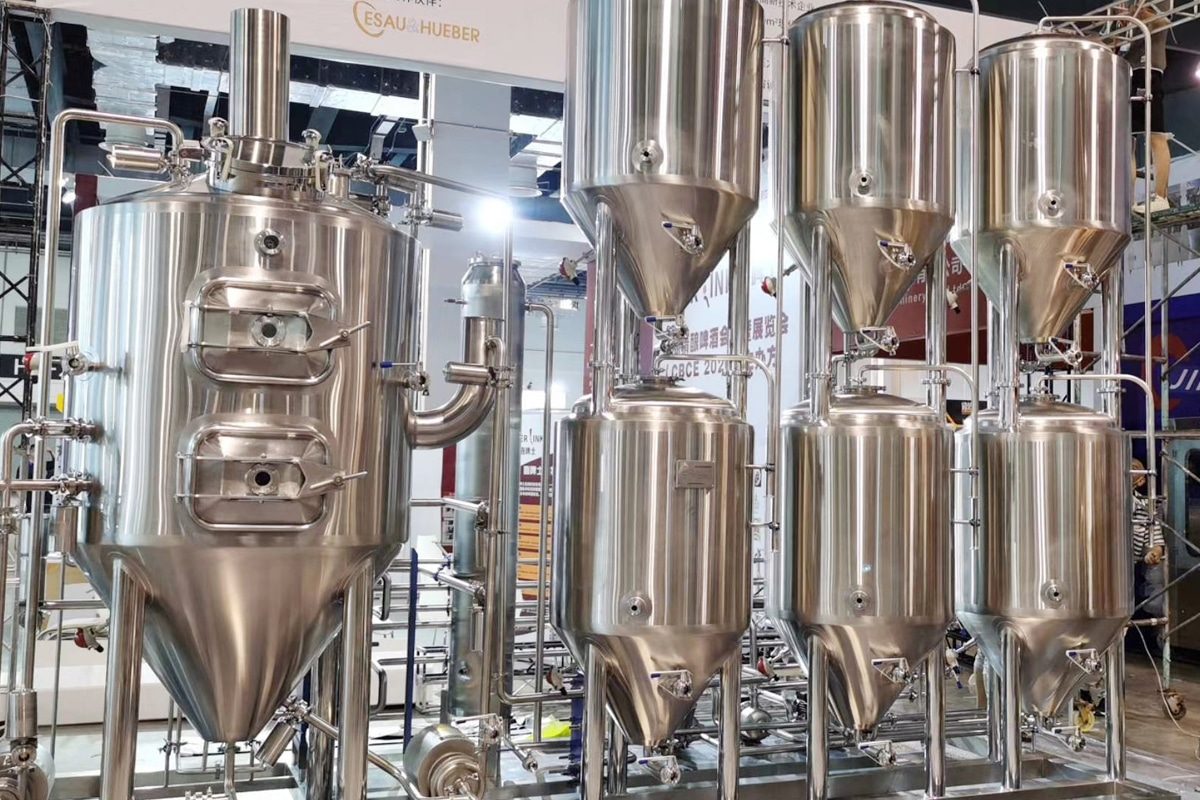
Advantages And Disadvantages of Various Brewery Financing Options
Traditional Bank Loan
Advantage
- Lower interest rates: Traditional bank loans often come with lower interest rates than other financing options.
- Structured repayment plans: Banks often offer structured repayment plans to make it easier for businesses to manage cash flow.
- Established relationships: A positive relationship with your bank can be beneficial for future financial needs.
Disadvantage
- Strict eligibility criteria: Banks may have strict eligibility criteria, making it difficult for new or smaller breweries to qualify.
- Long approval process: The approval process for bank loans can be time-consuming, which may not be suitable for businesses that need quick funding.
- Collateral requirements: If the business faces challenges, banks may require large amounts of collateral, putting assets at risk.
- Limited flexibility: Banks may have strict terms that provide less flexibility than other financing options.
Small Business Administration (SBA) Loan
Advantage
- Government backing: SBA loans are partially guaranteed by the government, making these loans more accessible to small businesses.
- Extended repayment terms: SBA loans typically have longer repayment terms, reducing the immediate financial pressure breweries face.
- Lower down payment: An SBA loan may require a lower down payment than a traditional bank loan.
Disadvantage
- Time-consuming application process: The application process for an SBA loan can be lengthy, similar to traditional bank loans.
- Strict qualification standards: While SBA loans are easier to obtain, their qualification standards can still be challenging for some businesses.
- Potential for personal guarantees: Owners may be required to provide personal guarantees, putting personal assets at risk.
Equipment Leasing
Advantage
- Capital preservation: Leasing allows breweries to acquire necessary equipment without a large upfront investment, thus conserving capital for other needs.
- Latest technology: Leasing allows for regular equipment upgrades, ensuring the brewery remains competitive with the latest technology.
- Tax Benefits: Lease payments are tax deductible as a business expense.
Disadvantage
- Long-term costs: While leasing reduces direct costs, the long-term costs of leasing can exceed the cost of purchasing the equipment.
- No ownership: At the end of the lease period, the brewery does not own the equipment, and continued leasing may not be cost-effective.
- Usage restrictions: The lease may have restrictions on how the equipment can be used and maintained.
Crowdfunding
Advantage
- Flexible financing: Flexibility in the amount of capital raised and the potential to obtain capital quickly.
- Market validation: A successful crowdfunding campaign can serve as a form of market validation for a brewery’s product.
- Community engagement: Crowdfunding can engage the community and build a customer base before a brewery opens, as well as foster community engagement and supporter loyalty.
Disadvantage
- Resource-intensive: Running a crowdfunding campaign requires time and effort to market and manage the campaign.
- No guarantee of success: There is no guarantee that funding targets will be met, and an unsuccessful campaign could damage the brewery’s reputation.
- Fees and costs: Crowdfunding platforms often charge fees that reduce the amount of funds received.
Investor Financing
Advantage
- Expertise and guidance: In addition to financial support, investors can bring valuable expertise and guidance to breweries.
- Risk sharing: Investors share the financial risks and rewards of a business.
- Flexible repayment terms: Depending on the agreement, repayment terms may be more flexible than with a traditional loan.
- Networking potential: Investors often provide networking opportunities that can benefit breweries in the long run.
Disadvantage
- Loss of control: Bringing on investors often means giving up some level of control over business decisions.
- Profit sharing: Investors often expect a share of profits, which can impact a brewery’s long-term financial returns.
- Complex agreements: Negotiating and managing investor agreements can be complex and time-consuming.
For breweries, choosing the most appropriate financing option or combination of options for their business requires a careful assessment of their financial needs, growth plans, and risk tolerance.
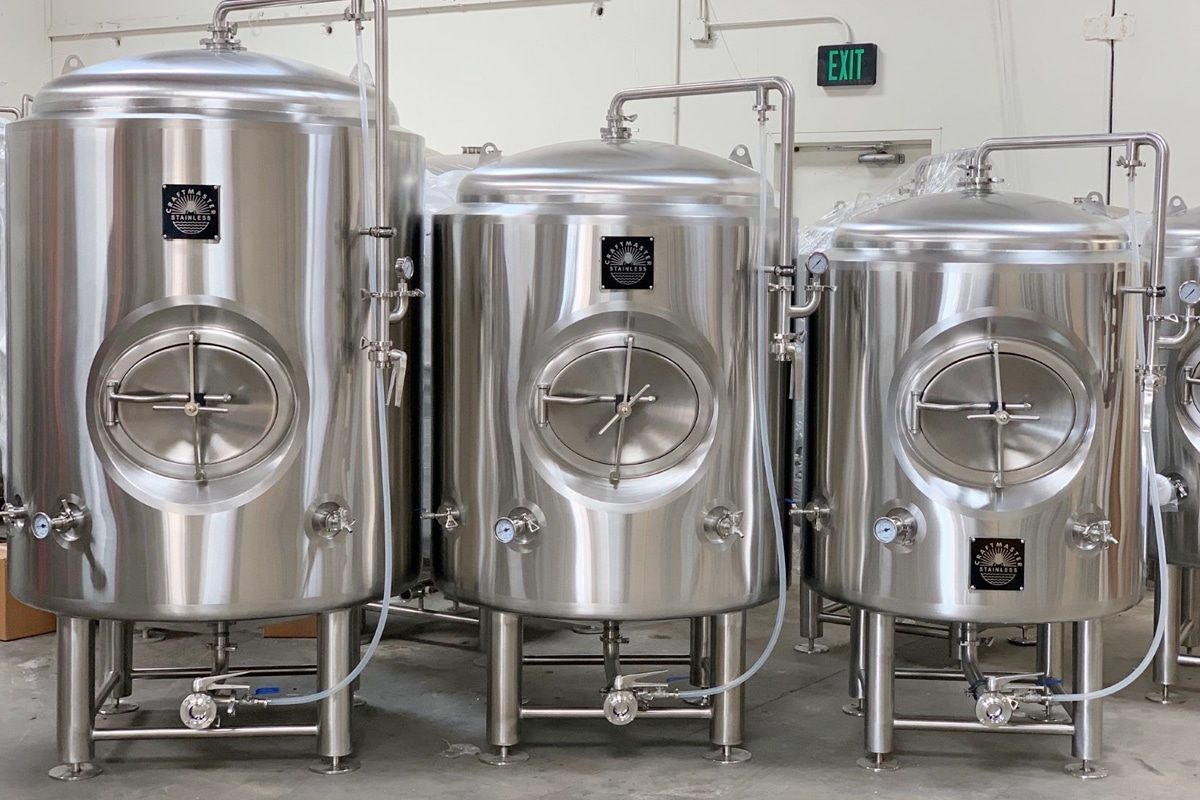
Develop A Solid Business Plan
The Importance of a Brewery Business Plan
A well-crafted business plan is the foundation of any successful brewery venture. It serves as a roadmap to guide entrepreneurs in making key decisions and demonstrate the viability of their brewery to potential investors or lenders. A business plan should not only outline the brewery’s mission, target market, and unique selling points, but it should also provide detailed financial projections, including equipment costs and repayment plans.
Key Components of a Brewery Business Plan
- Executive summary: The concise overview of the brewery’s mission, vision, and key goals. This section should highlight the uniqueness of the brewery and its market positioning.
- Market analysis: The comprehensive assessment of your target market, including consumer preferences, competitor analysis, and growth trends. Understanding the market helps tailor product style and marketing strategy goals.
- Operations plan: Detailed information about the brewing process, equipment requirements, and supply chain logistics. This section should also address the brewery’s scalability as demand increases.
- Financial forecasts: Detailed cost breakdowns, revenue forecasts, and clear repayment plans for financing obtained. This is where the brewery outlines its budget for equipment purchases and ongoing operating expenses.
Solve Financial Forecasting And Equipment Cost Issues
In the financial forecast section, the brewery should outline the specific costs associated with equipment purchases. This includes researching current market prices for brewhouse equipment, fermentation tanks, bright tanks, and filling equipment. Financial forecasts should consider potential maintenance costs to ensure a complete understanding of the financial requirements for start-up and ongoing operations.
Attract Investors With A Solid Plan
Investors, whether traditional lenders or crowdfunding backers are attracted to breweries with well-thought-out business plans. Transparency and realism are key. Demonstrating a clear understanding of the market, the brewery’s unique value proposition, and a viable equipment financing plan can instill confidence in potential investors. Breweries that have successfully secured financing emphasize the importance of continually refining their business plan to ensure it evolves with business and market dynamics.
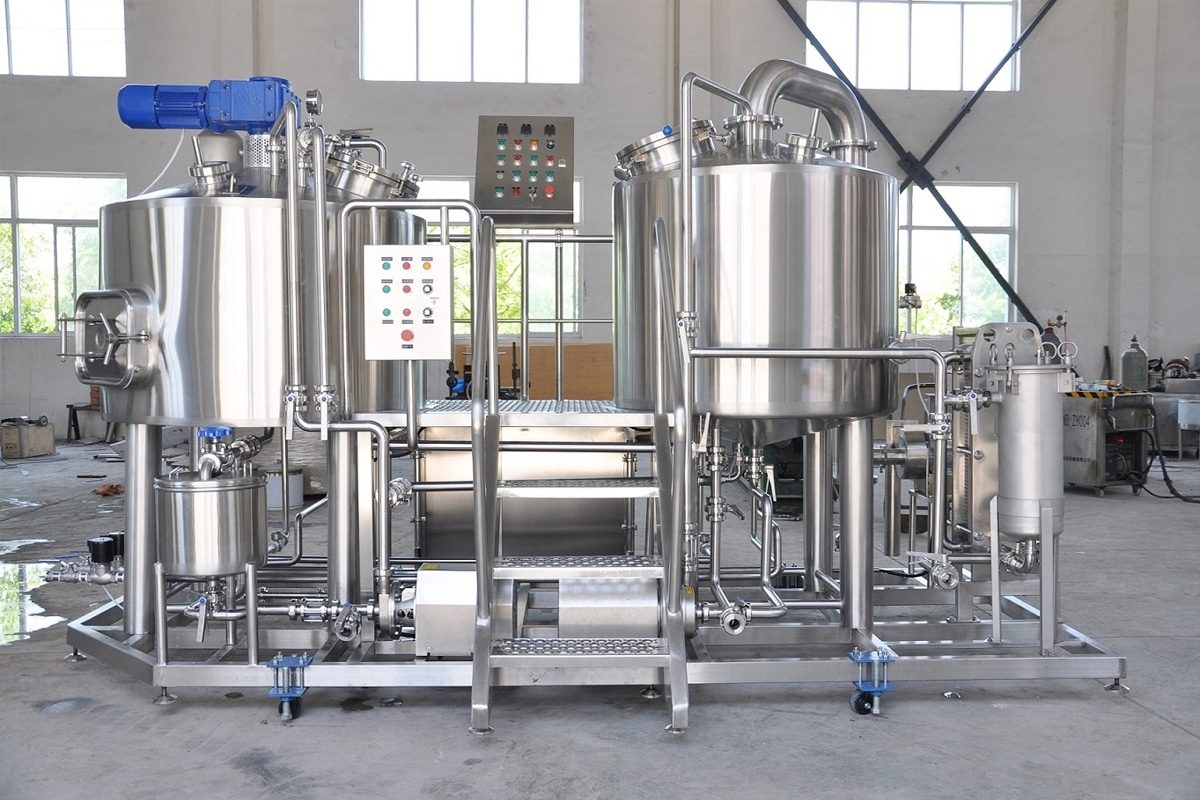
Brewery Equipment Financing Challenges
Economic Challenges
Like any business, breweries face economic uncertainty. Recessions, inflation, and fluctuations in consumer spending can affect a brewery’s cash flow and ability to repay loans. Successful breweries emphasize the importance of building financial reserves to weather economic challenges and adopting flexible business models that can adapt to changing market conditions.
Regulatory Hurdles
Navigating complex alcohol regulations is a major challenge for breweries. Compliance with local, state, and federal regulations is critical to permitting and continued operations. Breweries shared their experiences with unexpected delays in the permitting process, emphasizing the need to conduct thorough research and proactively work with regulators to avoid disruptions.
Risks And Mitigation Strategies
Equipment failures, supply chain disruptions, and unforeseen events pose inherent risks to brewery operations. Breweries that successfully address these challenges implement robust risk management strategies. This includes regular equipment maintenance, supplier diversification to mitigate the impact of disruptions, and developing contingency plans. Understanding and responding to potential risks is an important part of a resilient brewery business.
Learn From Mistakes
Breweries who encounter challenges openly share their experiences to help others learn from common pitfalls. A recurring theme is underestimating the true cost of equipment acquisition and ongoing operating expenses. The brewery emphasized the importance of careful budgeting, realistic financial projections, and learning from mistakes to continually improve business strategies.
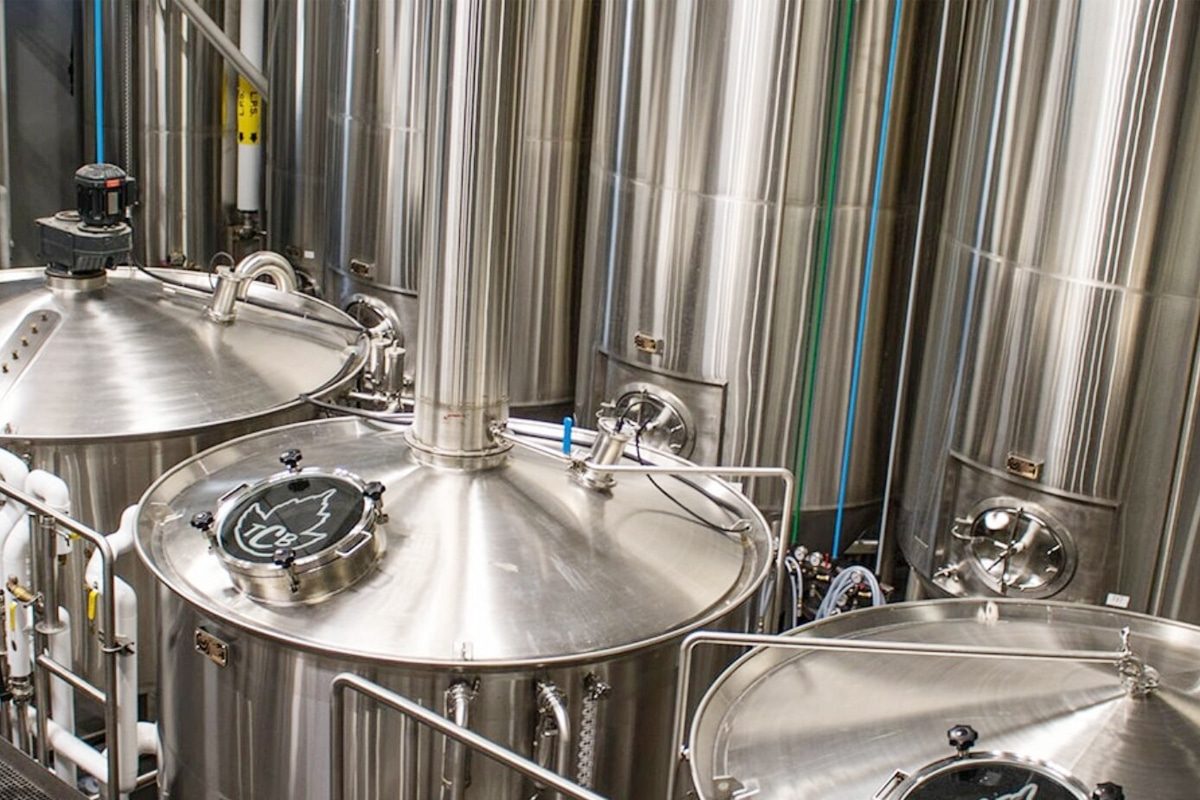
The Future of Brewery Financing
Brewery Equipment Technology Innovation
The future of brewery financing is closely tied to technological advancements in brewery equipment. Breweries are increasingly adopting smart technology to improve efficiency, quality control, and sustainability. Innovations such as automated brewing systems with real-time monitoring capabilities not only improve production processes but also facilitate data-driven decision-making, appealing to both investors and environmentally conscious consumers.
Evolving Financing Models
As the brewing industry develops, financing models are constantly changing. Crowdfunding and community-supported initiatives continue to gain popularity, providing breweries with a direct connection to consumers. Additionally, alternative financing models such as income-based financing and peer-to-peer lending are emerging, offering flexible options beyond traditional loans and equity investments. Breweries that keep up with these evolving models are positioning themselves to explore various avenues for financing.
Sustainability And Green Initiatives
Sustainability is becoming a key focus in the brewing industry, influencing brewing practices and financing decisions. Breweries that incorporate green initiatives into their operations, such as energy-efficient equipment or waste reduction measures, not only help the environment but can also be well-positioned for grants and incentives. Investors are increasingly attracted to breweries that adhere to sustainable practices, creating a symbiotic relationship between environmental responsibility and financial support.
Anticipated Changes in Industry Regulations
The brewery landscape is affected by dynamic regulatory changes. Anticipated changes in alcohol regulations, licensing processes, or tax incentives can have a significant impact on financing strategies. Breweries that stay informed of potential regulatory changes can proactively adjust their business plans and financing approaches to ensure they remain compliant and take advantage of emerging opportunities.
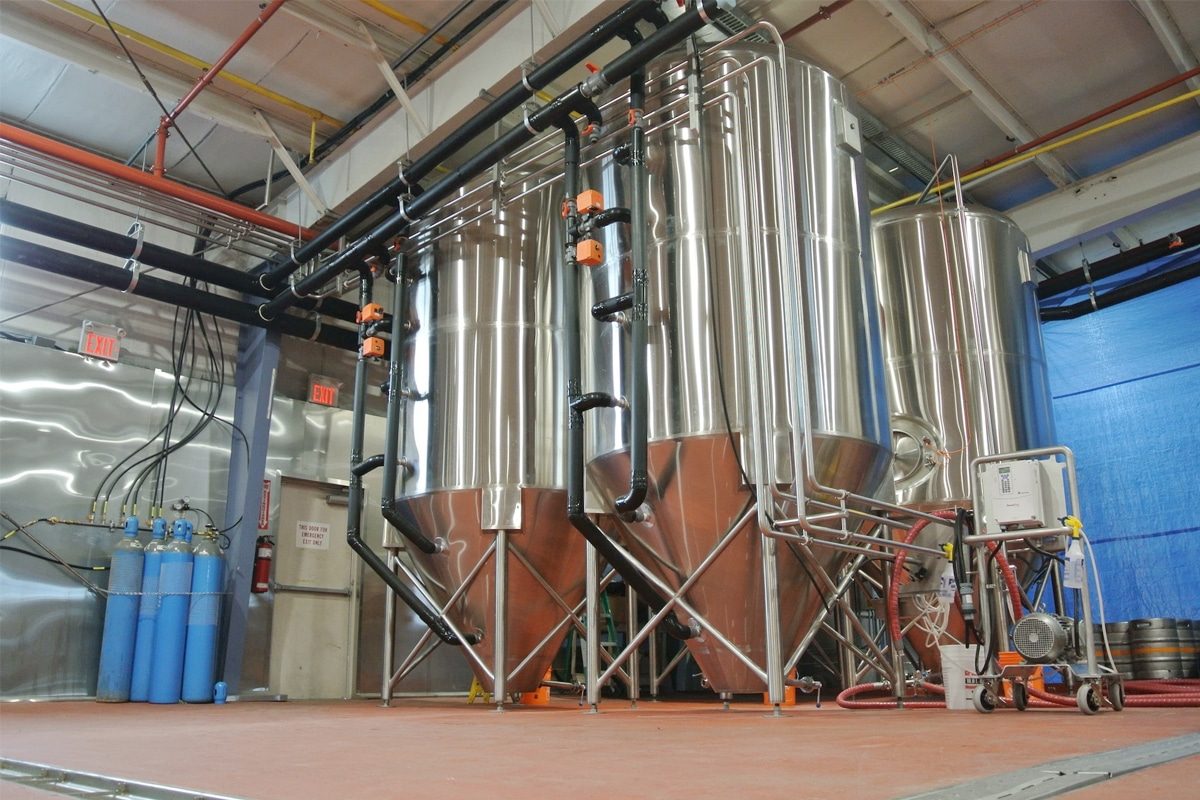
Conclusion
In summary, the brewery equipment financing journey is a multi-faceted process that requires a strategic and adaptable approach. We explore the complexities of the global beer industry, the importance of quality equipment, and the various financing options available for new breweries. While the path to financing beer equipment has its challenges, there’s no denying that it’s doable. And it is often necessary for new entrants to gain a foothold in the highly competitive beer industry.
A solid business plan and careful consideration of financing options are key elements to success. In the dynamic world of brewing, where tradition meets innovation, the key to success lies in the ability to combine craftsmanship with strategic business acumen. As the beer industry continues to grow, so do the opportunities for those who are passionate about creating, innovating, and ultimately brewing successfully.
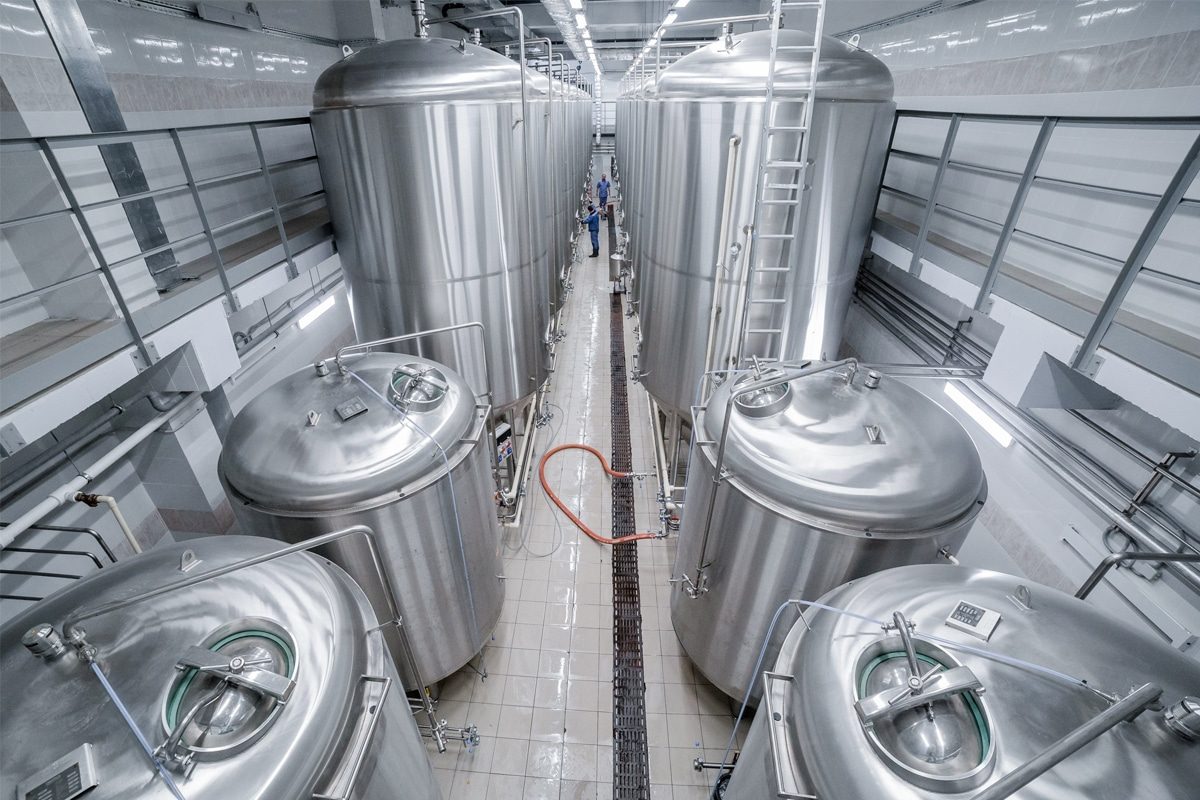
Get A Comprehensive Turnkey Solution
ZYB Craft is a beacon for aspiring brewers, offering more than just individual brewery equipment. We offer comprehensive turnkey solutions covering every step of the process, from the initial consultation to the joyful moment of brewing your first batch of beer. By choosing our comprehensive approach, you not only get the necessary equipment but also a professional partner dedicated to your success in brewing.

